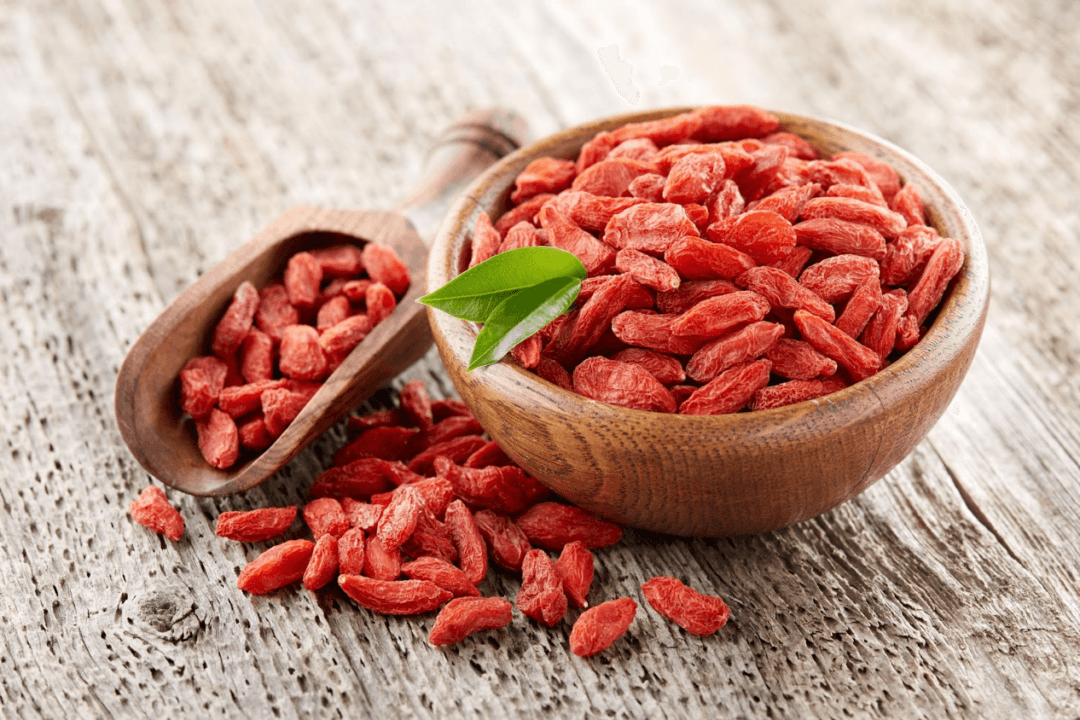According to ancient medical literature, taking wolfberry (Lycium chinense) for an extended period results in longevity and an agile body. This may be why wolfberry is also nicknamed “fairy fruit.” A handful of wolfberries can help alleviate symptoms such as poor complexion, poor sleep, backache, hair loss, myopia (near-sightedness), and presbyopia (age-related far-sightedness).
So how do you choose wolfberry, and what are the best ways to eat it to optimize health results?






